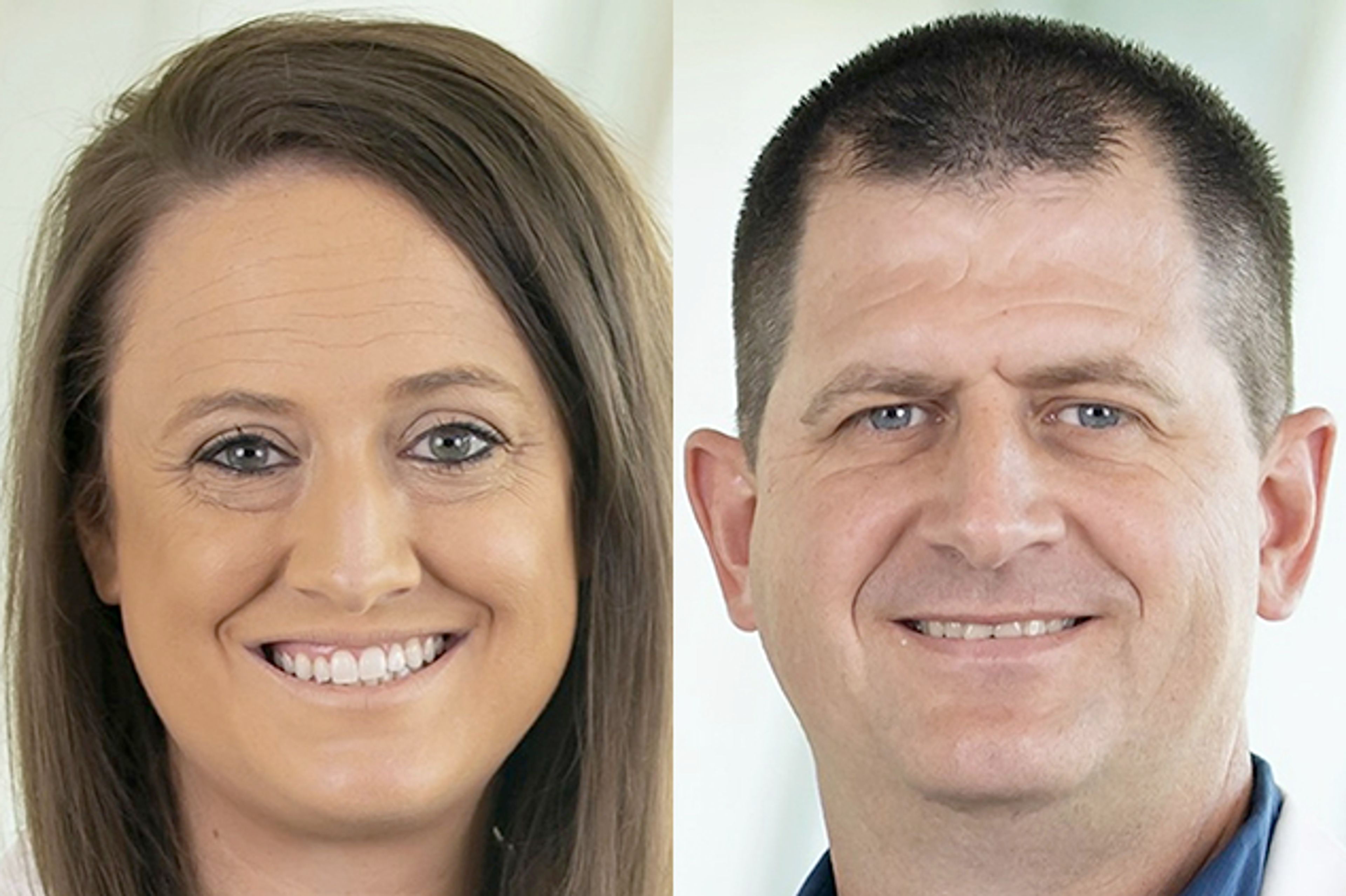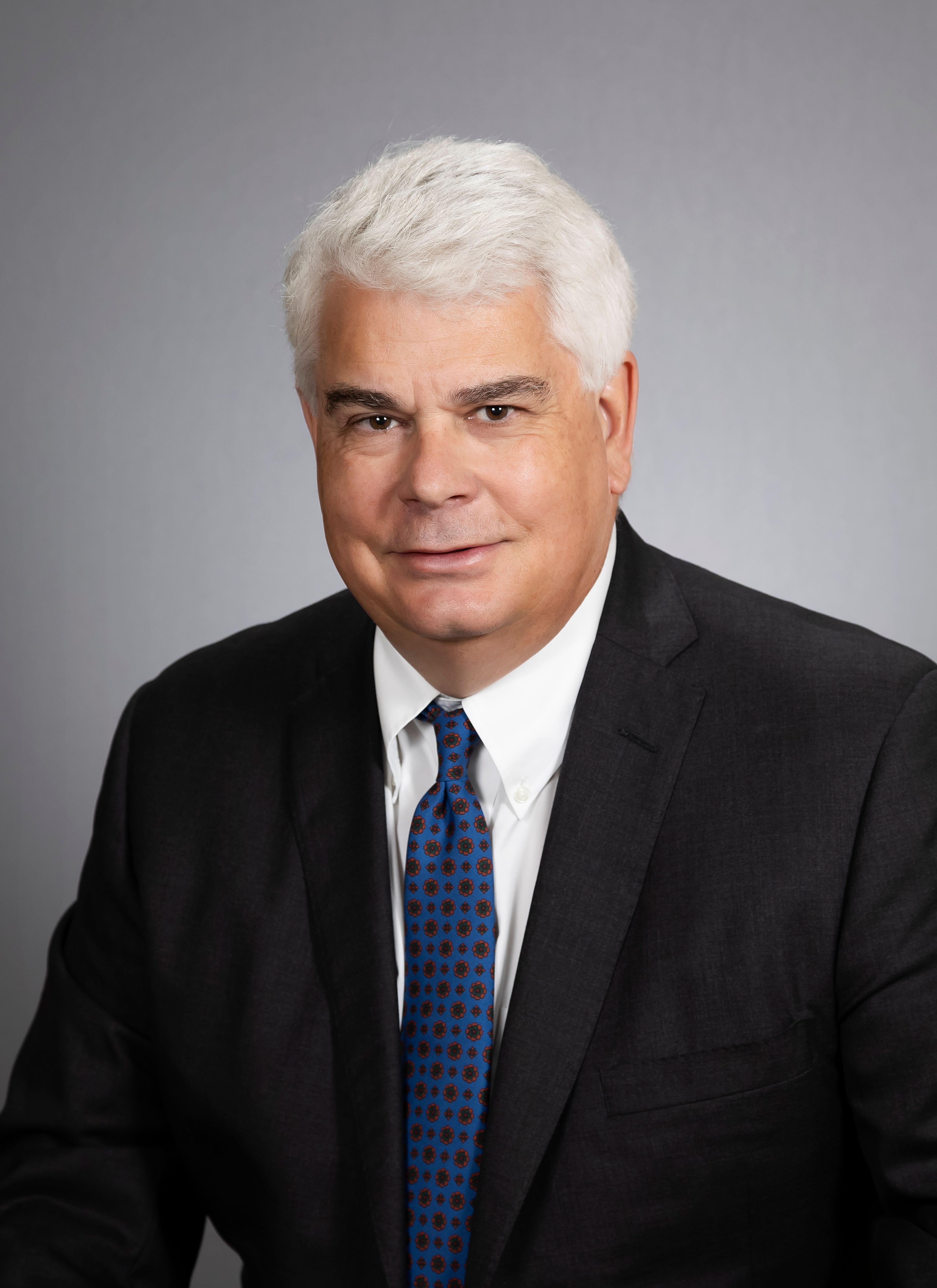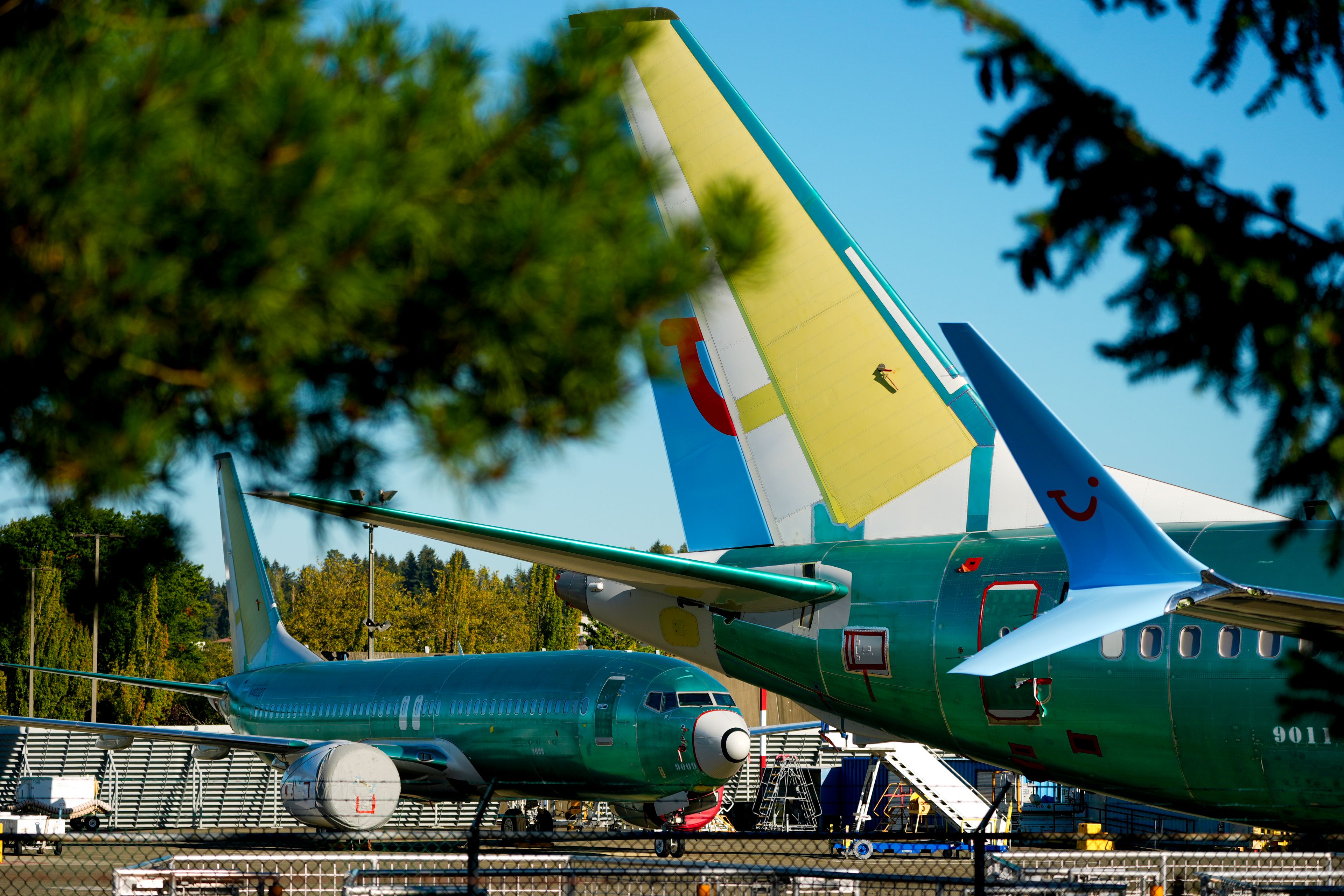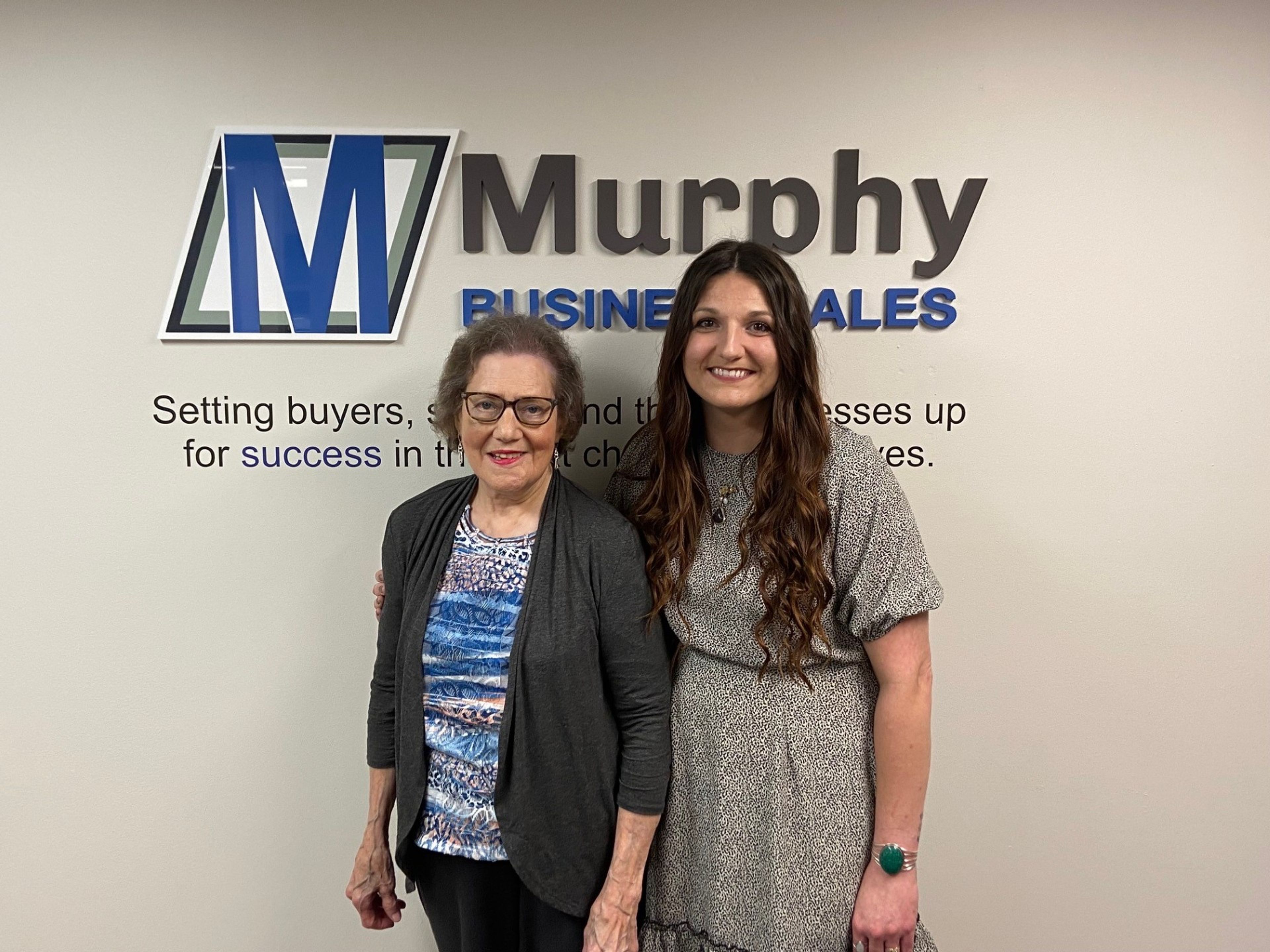Cape's global community Business owners from afar take a chance
By Scott Moyers ~ Southeast Missourian He's your waiter, your doctor, your jeweler. She pampers your nails, tweaks your computer and cooks your dinner. They are like you. But they are not like you, not exactly. They look a little different, sometimes sound slightly different and read a holy book different than yours...
By Scott Moyers ~ Southeast Missourian
He's your waiter, your doctor, your jeweler. She pampers your nails, tweaks your computer and cooks your dinner.
They are like you. But they are not like you, not exactly. They look a little different, sometimes sound slightly different and read a holy book different than yours.
Some changed their names to make you more comfortable. Peter is really named Poc, Jennifer is Muoi, Tom is Warut.
They're immigrants who own businesses and are working in the United States. And what they do have in common with you are your goals -- to make a few dollars, raise a family and hopefully find a measure of happiness.
But the difference is -- and it's a big one -- they are doing it in a world that is vastly different than the one they were born into.
And it's not easy.
"Americans need to know all foreigners are not parasites," said Dr. K. Charles Cheung, a neurosurgeon who came to the U.S. from China to go to school when he was 25. "We work our butts off to get ahead like everybody else."
The immigrant small-business owner and international worker is the smallest but no less integral piece of the puzzle called globalization, a phenomenon that is growing as people around the world become more connected.
Information and money flow more easily. Goods and services produced in one part of the world are increasingly available in all parts of the world. International travel is more frequent. International communication is commonplace.
And in Cape Girardeau -- with its multi-cultural restaurants, physicians, grocery stores, hotels, bookstores, and more -- signs of globalization are everywhere.
Living in America
Jennifer Hoang is a long way from Vietnam.
While these days she runs the L.A. Nails professional manicurists shop at Westfield Shoppingtown West Park Mall with a handful of other Vietnamese, she was born 31 years ago in Saigon, a hometown she barely remembers.
Of her 10 siblings, she came to the United States with three sisters and two brothers, all enticed by the opportunities America promised.
She grew up in California, learning English and getting an education. Eventually, she met her husband, Victor, in San Pablo. Her new sister-in-law owned a nail shop in St. Louis, and the young couple moved there to start their own.
"That's how we ended up living in Missouri," Hoang said.
A year ago, they heard that the Cape Girardeau nail shop was for sale.
"A friend told me, and we came down here to see it," she said. "We liked it and bought it."
While they still own a St. Louis store, Hoang and her family live in Cape Girardeau now.
"We like it," she said. "We have four kids and it's nice. The business is so-so, but the people are nice. We'll probably be here for awhile."
Hoang's story is similar to those of many multi-cultural business owners, who came to the country for an education and liked it so much they stayed.
Otacom Computer Systems co-owner Deniz Cakir is from Turkey. The son of a principal and a teacher, he came straight to Cape Girardeau from Ankara, Turkey's capital, to attend Southeast Missouri State University.
Cakir admits he could have gone anywhere in the United States, but said he came here because it's a cheaper place to attend college than bigger cities. But staying in Cape Girardeau was not what he intended.
"It totally was not part of my plan," he said. "But when I got here I liked it."
When he graduated, he opened his computer business on Broadway. Cakir likes to work some of his culture into the business. He allows his customers to bargain with him over the price, something they seem to like.
"That carries from my culture, and even if it's $10, $15, customers appreciate it," he said.
Cakir said he's never been the victim of racism in the workplace.
"People who come in and maybe have never seen a foreigner in their life may get a bit nervous," he said. "But the second time they see me, that fear fades away."
Rare trips home
Many say they rarely make trips back to their home country, either because they hate to abandon work or because it is costly.
"The restaurant business is very hard," said John Cai, who owns China Palace on Broadway. "You can't leave. I have not had a vacation in a long time. I have to stay here to take care of business."
Cai, from Shoaxing, China, has brought most of his family with him -- 12 of his relatives, including siblings and cousins, work at the restaurant.
"We don't make a lot of money," Cai said. "But we get by. We make a living."
The decision to leave their native land is easier for some than others.
"I just packed my bag and went," said Kenny Lee, who owns the jewelry store that bears his name in the Town Plaza. "I didn't even think. I knew I wanted to do it."
Lee, who is from Bangkok, Thailand, said he came to the United States to go to jeweler's school. While there, the school was contacted by Pind's Jewelers in Cape Girardeau, looking for a jeweler.
He took the job, never having heard of Cape Girardeau. Later, he started his own business. He said he has had no troubles with customers.
"People don't care," he said. "If you do good work, people will respect you. Besides, I'm the type of guy, if I walk in and they don't like me, I get out. I won't raise hell about it."
Cape Girardeau is a good place for an immigrant to start a new business, said Emad Salamy, the Lebanese owner of Phoenicia, a Middle Eastern restaurant on Sprigg Street.
"It's been nice," said Salamy, who has owned the restaurant with his wife, Mimi, for 10 years. "When we started, nothing of this kind was here. The first year was hard to attract customers. But we've established a good business over here, and our customers know us and like us."
Salamy said there's no secret for immigrants to succeed.
"If you work hard, you'll make a living," he said. "If you don't want to do anything, you're never going to accomplish anything, no matter where you're from."
Economic impact
Cape Girardeau Chamber of Commerce president and CEO John Mehner estimates that less than 5 percent of the city's workforce is multicultural. But he said the chamber embraces those who are.
Images of foreign workers coming and stealing jobs from American workers are things of the past.
"There are still jobs available in our area, and I don't see it as a conflict," Mehner said. "We think it's extremely important for us to be diversified. It brings a different perspective, and these businesses support a population that we have. Not to mention that it's good for the economy."
Missouri Department of Economic Development spokesman Jim Grebing agreed.
"Certainly we're in a global economy now and have been for some time," he said. "The department actively recruits from other countries. It's very important to the economy of the 21st century. Globalization is a buzzword, but that's what it's all about. If you don't think so, you're fooling yourself."
The restaurant industry is the single largest employer of immigrants in the nation, according to the Bureau of Labor Statistics. More than 1.4 million of the restaurant industry's 8 million employees are immigrants.
Peter Chan owns Chan's, a popular Cape Girardeau Chinese restaurant. After running a restaurant in Hong Kong for several years, he moved to the United States with his wife and two children in 1984 after several visits.
"When I was a young guy, a kid, everything was made in the U.S.A.," Chan remembers. "I always knew America is a nice country. Good place to live."
He originally moved to Paducah, Ky., where his friend owned a Chinese restaurant. Then he got a call that a building was for sale in Cape Girardeau.
"I knew the building was suitable for me to open my small business, so I did," he said. "Business has been good. I like Cape Girardeau. It's not too big and not too small."
His children have since moved back to Hong Kong. When Chan retires, he hopes to spend his time equally in Hong Kong and Cape Girardeau.
Businesses still coming
Multicultural businesses continue to open in Cape Girardeau. Saffron, an upscale Pan-Asian restaurant, was opened recently by Su Hill, who also owns Manee Thai on Broadway.
Hill, the daughter of a tobacco farmer, was born in Thailand but moved to the United States to go to college. She started out with the Holiday Inn's food and beverage department and worked in New York, Houston, Chicago and St. Louis.
She met her husband, Sid Hill, who worked for Cape Girardeau-based Drury hotels and eventually the two ended up here, both working for Drury.
"I said to myself that I wanted to open my own little place, and I did when I became financially able to do it," she said. "Even before I did that, I knew Cape would be a good fit. It was a college town, there was population growth. There were a lot of Chinese restaurants, but there was no Thai."
Casa Mexicana also opened last month. It's managed by the owner's brother, Jose Guerrero, originally from Durango, Mexico, which is located close to Texas.
Like so many immigrants, Guerrero sends money to his family members back home, including a son.
"We do that because we have to," he said. "We work not only for ourselves, but for our families. They depend on it."
But returning to Mexico is no option for Guerrero and others like him.
"It's so much easier to live here," Guerrero said. "There are more opportunities here. People give you more opportunities. My life is here now, I'm not going back."
smoyers@semissourian.com
335-6611, extension 137
Connect with the Southeast Missourian Newsroom:
For corrections to this story or other insights for the editor, click here. To submit a letter to the editor, click here. To learn about the Southeast Missourian’s AI Policy, click here.





